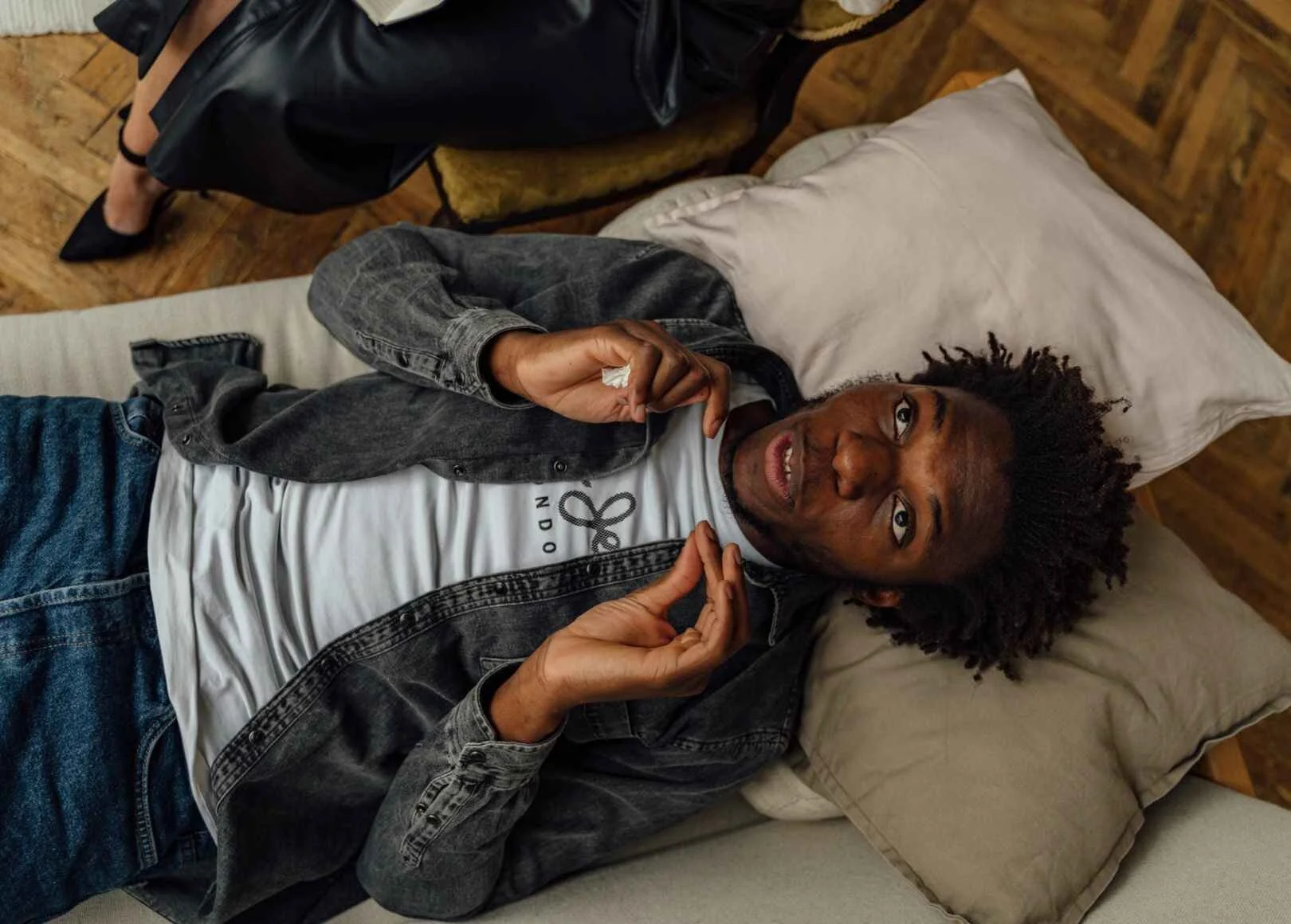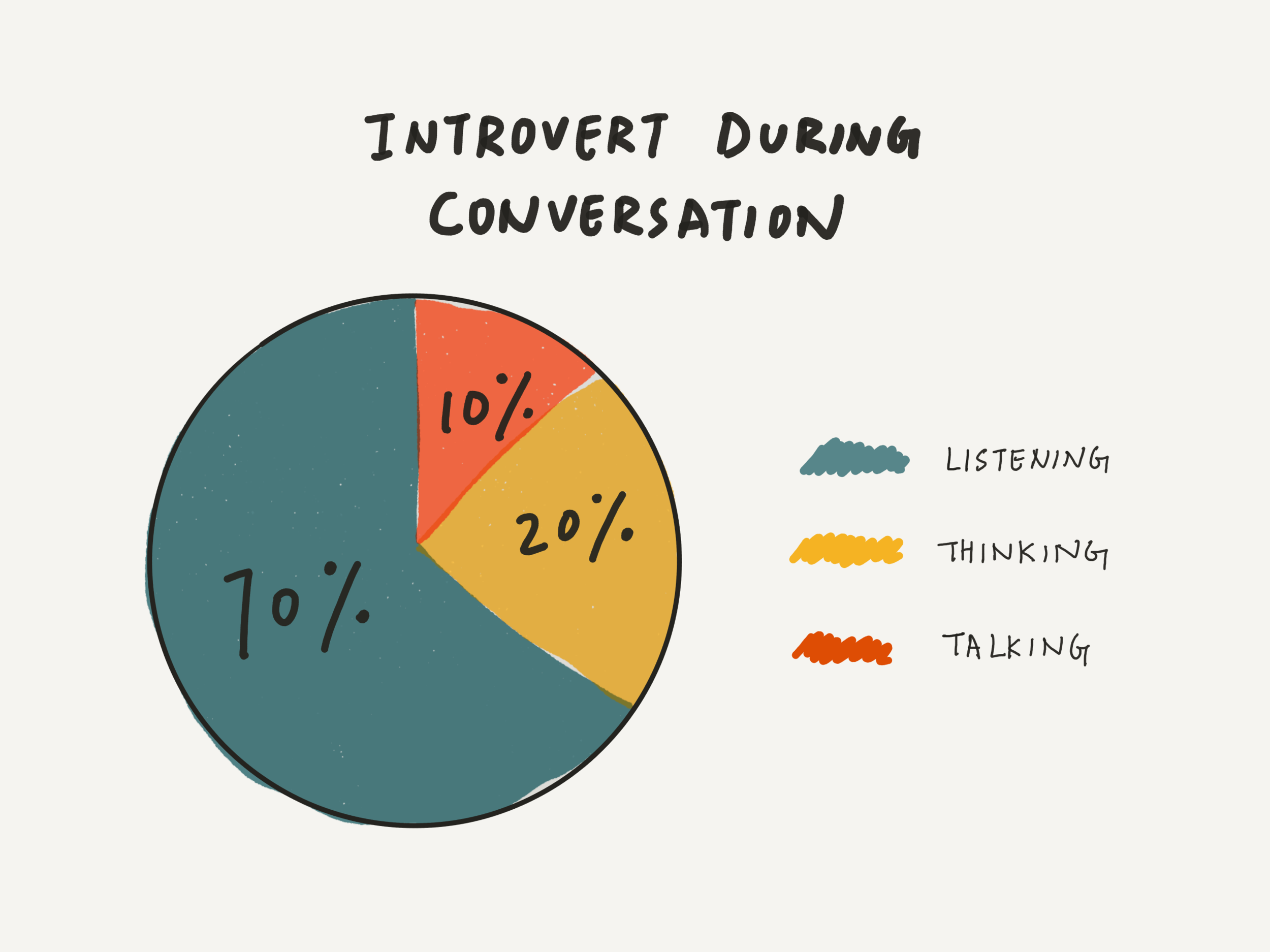This blog can definitely veer into mystical or weird, which I hope some of you find interesting. But today I would like to focus on a practical thing you can do daily every day. I don’t know what your morning routine is like. Maybe you have children and most of your morning is filled with activity, and you don’t really have a second to breathe. Or maybe you’re a later riser, and you stumble out of bed right into the workday. That can be a taxing way to live. Living this way means to enter the day without any reflection. And before you know it, the days, months, and years pass, and you haven’t done much reflection at all about your life.
Why Self- Acceptance and Letting Go Are Essential for Happiness
Our brains are excellent at keeping us alive. They keep all the functions of your body going and running harmoniously. They will tell you when you’re hungry, thirsty or if you need to go to the bathroom. They will alert you to dangers real or imagined.
But our brains are awful at making us happy. Let’s take the act of thinking. As a species, we tend to believe in the validity of our thoughts. After all, you’ve never been given any reason to think otherwise.
Coming To Terms With Being An Introvert: A Journey From Shame To Acceptance
I didn’t realize this until recently but my childhood was more painful than I thought. Not because it was particularly traumatic-- it was not. I had two loving, flawed parents, who loved me the best they could and allowed me to search out my path in the world with lots of support and kindness. No, my childhood was painful because I wasn’t my younger brother.
My brother was an extrovert. But not just your run-of-the-mill extrovert. He was a life-of-the-party, makes-everyone-laugh extrovert. My brother was just magnetic from a young age. People were drawn to him and loved him. He always had a lot of friends. Girls seemed to swarm to him in a way they never did for me. He was always the center of attention.
You Are Not A Narrative
Human beings are narrative creatures. As Yuval Noah Harai and others have noted, most of our basic institutions are based on some of collective fiction that would fall apart if examined too closely. This goes for things like nationalism or the idea of a nation state or even the concept of money and value. (For example, money is almost entirely imaginary at this point. 90% of is just computers sending back amounts from account to account that doesn’t really exist in any tangible way).
But humans are also narrative creatures in the sense that we view our own lives as stories with a beginning, middle and end. It’s the reason our novels and movies follow this basic format. It’s a trick of memory. Narratives are how we make sense of immeasurably complicated world. Without narratives, I think most of us would lose a sense of identity.
The Anxious, College-Educated Millennials
A quick blog post before I head out and enjoy the beautiful weather...
I've noticed a trend recently. I don't have any evidence besides anecdotal evidence though, so I've been hesitant to share my thoughts. But yesterday was a tipping point.
Anyway to the thesis:
Millennials are anxious as hell. I know, I know, everyone is anxious as hell. But there is a particular strand of college-educated, millennial anxiety that seems born from our shitty neoliberal, unequal society.
This anxiety comes from an odd place. It's often about productivity. Productivity is the mandate of capitalism. So many millennials are constantly worried about output in every aspect of their lives. It's as if the model of the factory worker has seeped into every aspect of our lives. And productivity and hard work are the symbols of meritocracy that doesn't really exist.
The lie that these millennials seem to believe more fiercely than older patients is that America is a place of equal opportunity. They believe that everyone is on an equal playing field and that if they work hard enough, their finances and status will improve. That's a lie for a lot of reasons, which I don't want to get into here, but upward mobility has been pretty nonexistence in America for quite a long time. But there is an implicit belief among the younger generation that the more you achieve, the better you are. One's self-worth then is directly tied to what one does and not who one is.
How To Be More Emotionally Attuned in Life And Therapy
I've been thinking and reading a lot about the idea of emotional attunement. Emotional attunement means not only being in tune with yourself but with the people around you. It's a hard skill to master.
I often think the when problems arise in a relationship, whether it's therapeutic, a friendship or romantic, it is because we are lacking emotional attunement with our own feelings as well with the other. This leads to disconnection. And disconnection means a feeling of loneliness and unbelonging, which is are the seeds of real depression.
How Do We Become More Emotionally Attuned?
The first step, I think, in any of this is being in tune with one's emotions. How do we learn to be in tune with our emotions? Mindfulness is often the first step. To check in with our feelings when we're sad, or lonely and anxious, to notice them and meet them with compassion sounds simple but much harder to do in practice. Mindfulness can be aided by a real meditation practice. Meditation helps us remain open to our feelings as they arise.
Therapy is also important. A good therapeutic relationship will help us know ourselves and what we haven't been able to express in our everyday lives. Therapy will help us dig into all those unwanted feelings we have that have pushed deep down, and that need real love and compassion to unearth. This sort of attunement can change every relationship we have.
How Your Race and Class Make It More (or Less) Likely to Find a Therapist
If you're a person of color or in the working class and have tried to find a psychotherapist, chances are you had a much harder time reaching one than an upper middle class, white person would have. At least that was the conclusion of one study from the Journal of Health and Social Behavior,
Pay Attention, Pay Attention, Pay Attention: Five Ways to Reclaim your Attention in a Distracted World
“We seldom realize, for example that our most private thoughts and emotions are not actually our own. For we think in terms of languages and images which we did not invent, but which were given to us by our society.”
"The average American throws away 65 pounds of clothing per year." -Huffington Post
Early in Matthew Crawford’s “The World Beyond Your Head” the author walks through an airport. Maybe for the first time, he notices the bombardment of advertising everywhere. There are the billboards and TVs. The signs of restaurants, the ads in his Forbes Magazine, the ads on the podcast he’s listening to or in front of the bathroom stalls. Even the backs of chairs have deals to the local hotels and clothing stores. Each is expertly designed to get his attention, designed by professionals who know just the right colors and sounds and fonts and pictures to get you to notice what they’re selling.










